In the hustle and bustle of modern life, finding moments of calm and clarity can often feel like a hidden treasure. Aromatherapy, an ancient practice rooted in the gentle power of scent, offers a natural pathway to relaxation and focus. Through the carefully curated aromas of essential oils, this subtle art engages the senses and the mind, creating a harmonious balance between tranquility and alertness. Whether you seek to unwind after a long day or sharpen your concentration for an important task, aromatherapy presents a fragrant bridge to a more centered and peaceful state of being.
Table of Contents
- Benefits of Aromatherapy for Mental Clarity and Stress Relief
- Top Essential Oils to Enhance Relaxation and Concentration
- How to Safely Use Aromatherapy in Your Daily Routine
- Creating Personalized Aromatherapy Blends for Focus and Calm
- Incorporating Diffusers and Inhalers for Effective Aromatherapy
- Scientific Insights into Aromatherapy’s Impact on Brain Function
- Q&A
- Closing Remarks

Benefits of Aromatherapy for Mental Clarity and Stress Relief
Aromatherapy harnesses the natural power of essential oils to create an environment conducive to mental clarity and emotional balance. Scents like lavender, peppermint, and eucalyptus can stimulate neural pathways that enhance focus and diminish feelings of anxiety. The inhalation of these oils triggers the limbic system, the brain’s center for emotions and memory, promoting a serene yet alert state of mind. This subtle sensory influence often leads to improved cognitive performance, allowing for sharper decision-making and a calmer approach to daily challenges.
Incorporating aromatherapy into your routine can offer multiple stress-relief benefits, including:
- Reduction of cortisol levels: Certain oils help lower stress hormones, facilitating relaxation.
- Improved sleep quality: A restful night supports better mental sharpness during waking hours.
- Enhanced mood: Elevating serotonin levels naturally heightens emotional well-being.
| Essential Oil | Primary Benefit | Best Use |
|---|---|---|
| Lavender | Calming & Stress Relief | Diffuser or bedtime pillow spray |
| Peppermint | Mental Alertness | Inhalation during work/study |
| Eucalyptus | Clearer Breathing & Focus | Steam inhalation or diffuser |
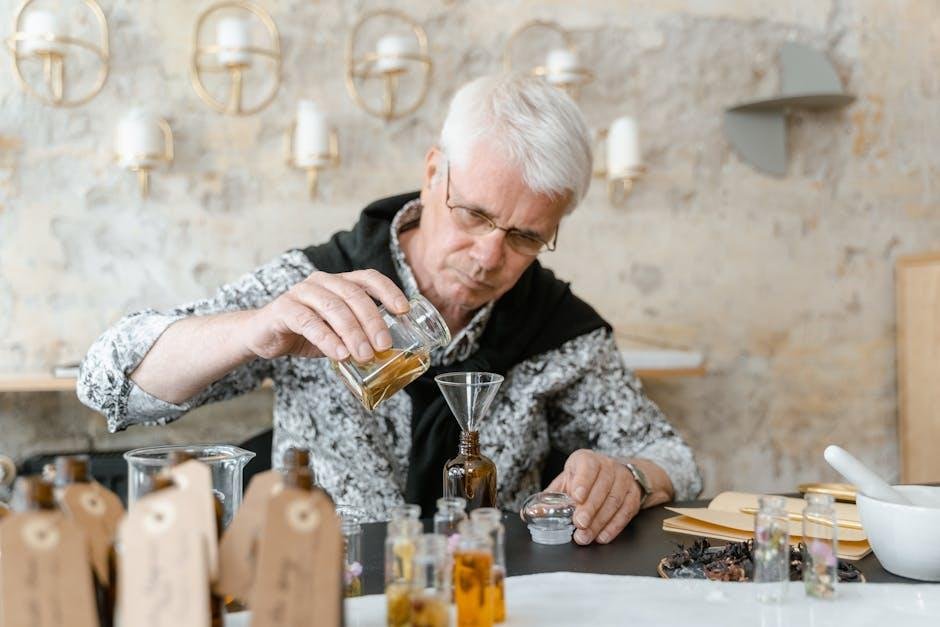
Top Essential Oils to Enhance Relaxation and Concentration
When it comes to promoting a peaceful mind and enhancing mental clarity, certain essential oils stand out for their therapeutic properties. Lavender is renowned for its calming effects, helping to alleviate stress and create a tranquil environment. Meanwhile, peppermint invigorates the senses and sharpens focus, making it a perfect companion for study or work sessions. Other notable oils include frankincense, which encourages deep breathing and mindfulness, and lemon, known for its uplifting and refreshing aroma that energizes the mind without causing jitters.
- Lavender: Reduces anxiety and promotes restful sleep
- Peppermint: Boosts alertness and cognitive performance
- Frankincense: Enhances meditation and emotional balance
- Lemon: Improves mood and mental clarity
- Rosemary: Stimulates memory and concentration
| Essential Oil | Key Benefit | Best Use |
|---|---|---|
| Lavender | Calming | Diffuser before bedtime |
| Peppermint | Energizing | Inhalation during work |
| Frankincense | Mindfulness | Aromatherapy meditation |
| Lemon | Refreshing | Morning diffuser blend |
| Rosemary | Memory | Desk diffuser |
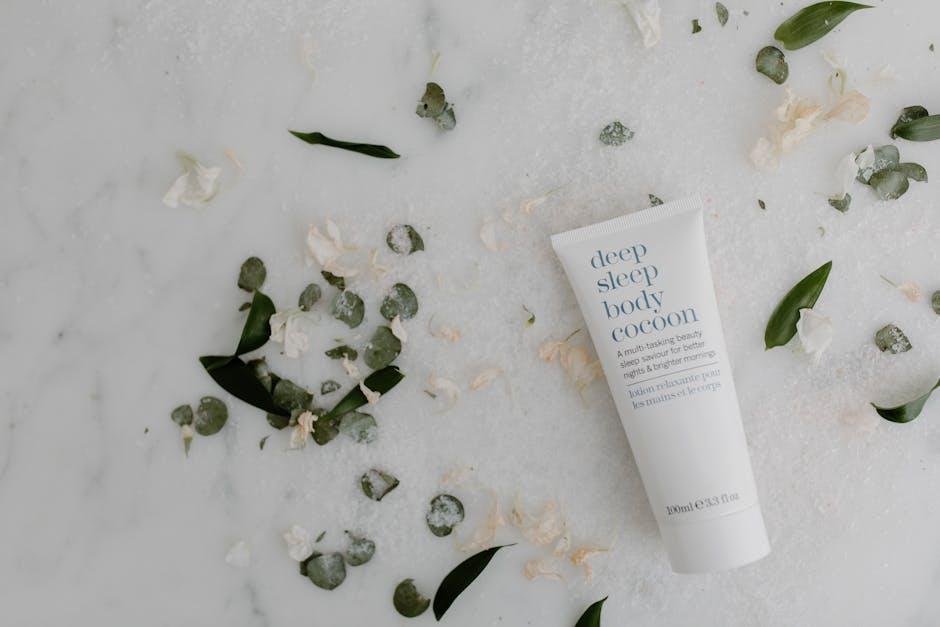
How to Safely Use Aromatherapy in Your Daily Routine
Incorporating essential oils into your daily rhythm can enhance both relaxation and focus, but it’s important to do so with safety at the forefront. Always dilute essential oils with a carrier oil before applying them to your skin to prevent irritation or allergic reactions. When diffusing, limit use to 30-60 minutes to avoid overwhelming your senses and ensure proper ventilation in the room. People with respiratory conditions, allergies, or pregnant women should consult a healthcare provider before use to avoid any adverse effects.
Use these essential oils mindfully by following these simple best practices:
- Start with small amounts to gauge your body’s response.
- Store oils properly in dark, cool places to maintain their potency.
- Keep oils away from eyes and sensitive skin areas.
- Opt for high-quality, pure essential oils to ensure safety and effectiveness.
| Essential Oil | Suggested Use | Safety Tip |
|---|---|---|
| Lavender | Diffuser for relaxation | Dilute before topical use |
| Peppermint | Inhalation for focus | Avoid near eyes |
| Chamomile | Bath soak for calmness | Check for allergies |
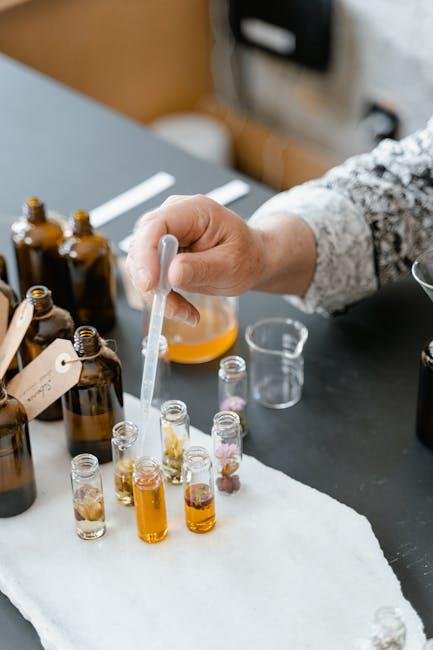
Creating Personalized Aromatherapy Blends for Focus and Calm
Crafting your own aromatherapy blends allows you to tailor scents that perfectly balance focus and tranquility. Begin by choosing essential oils known for their cognitive clarity and stress-reducing properties. Oils like rosemary, peppermint, and lemon energize the mind and enhance concentration, while lavender, bergamot, and chamomile soothe the nervous system, melting away tension. The secret lies in the artful combination of these elements—experimenting with ratios until you discover a bouquet that invigorates your senses without overwhelming them.
To help you get started, here’s a simple guide outlining popular essential oils with their effects and suggested blending proportions. Use this as a foundation for your personalized mix:
| Essential Oil | Effect | Suggested Blend % |
|---|---|---|
| Rosemary | Enhances alertness | 30% |
| Peppermint | Boosts energy | 20% |
| Lavender | Promotes calm | 30% |
| Bergamot | Reduces anxiety | 15% |
| Chamomile | Soothes stress | 5% |
Remember: blending is a personal journey—allow your intuition to guide you. Small adjustments can drastically shift the mood your blend creates, making it uniquely yours. Whether diffused during work or inhaled before meditation, your customized concoction will serve as a fragrant tool to sharpen focus while instilling calm throughout your day.
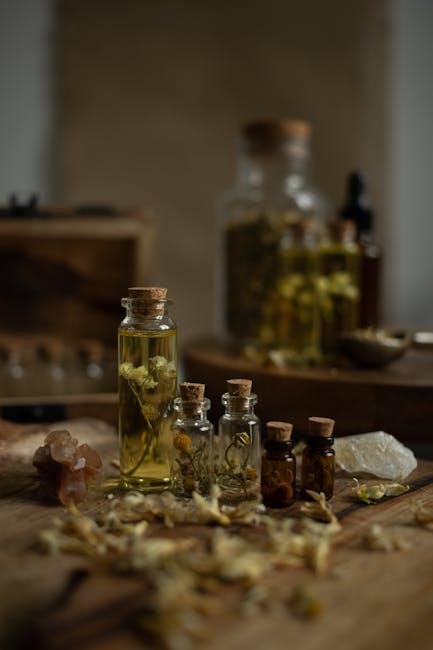
Incorporating Diffusers and Inhalers for Effective Aromatherapy
Harnessing the power of essential oils via diffusers and inhalers is a transformative way to elevate your daily routine. Diffusers gently disperse aromatic molecules into the air, creating an ambient atmosphere conducive to both relaxation and heightened focus. Whether you prefer a quiet evening with lavender mist or a mid-afternoon boost with invigorating peppermint, diffusers offer flexible options from ultrasonic to nebulizing types, catering to diverse preferences and spaces. Their steady diffusion ensures a sustained scent experience, subtly influencing mood without overwhelming the senses.
Inhalers, on the other hand, provide a more personalized and immediate inhalation experience. Perfect for on-the-go use, these compact tools deliver concentrated bursts of essential oils directly to your olfactory system, supporting moments when concentration dips or stress rises. Key benefits of each method include:
- Diffusers: Ideal for continuous aroma dispersion in homes or offices, promoting a calming environment.
- Inhalers: Portable and discreet, offering quick relief and mental clarity anywhere.
| Feature | Diffuser | Inhaler |
|---|---|---|
| Usage | Stationary, room-wide | Portable, direct inhalation |
| Duration | Hours-long scent release | Short and concentrated use |
| Best for | Ambient relaxation | Quick focus boost |

Scientific Insights into Aromatherapy’s Impact on Brain Function
Aromatherapy’s influence on the brain is increasingly supported by modern scientific research, which reveals how essential oils interact with the limbic system—the emotional center of the brain. When inhaled, aromatic molecules bind to olfactory receptors, triggering neural pathways that affect mood, memory, and cognitive function. Studies have shown that certain scents can promote the release of neurotransmitters like serotonin and dopamine, which are crucial for stress relief and enhancing mental clarity. This biochemical cascade is at the heart of aromatherapy’s ability to foster both deep relaxation and heightened focus.
Numerous clinical trials have explored essential oils such as lavender, rosemary, and peppermint, illuminating their distinct neurophysiological effects. For instance:
- Lavender: Shown to reduce cortisol levels, aiding in anxiety reduction and better sleep quality.
- Rosemary: Associated with improved working memory and alertness during complex tasks.
- Peppermint: Known to increase alertness and enhance cognitive performance in demanding environments.
| Essential Oil | Primary Brain Effect | Key Benefit |
|---|---|---|
| Lavender | Reduces cortisol | Stress relief |
| Rosemary | Enhances memory | Improves focus |
| Peppermint | Stimulates alertness | Boosts concentration |
Q&A
Q&A:
Q1: What is aromatherapy?
A1: Aromatherapy is the practice of using natural plant extracts, especially essential oils, to promote physical and psychological well-being. By inhaling or applying these fragrant oils, people often experience enhanced mood, relaxation, or improved cognitive function.
Q2: How can aromatherapy help with relaxation?
A2: Certain essential oils like lavender, chamomile, and bergamot are known for their calming effects. When inhaled, they can soothe the nervous system, reduce stress hormones, and create a peaceful atmosphere, helping individuals unwind after a hectic day.
Q3: Can aromatherapy actually improve focus and concentration?
A3: Yes. Oils such as peppermint, rosemary, and eucalyptus have stimulating and clarifying properties. Their invigorating scents can boost alertness, sharpen mental clarity, and help sustain attention during tasks.
Q4: How is aromatherapy typically used to achieve relaxation or focus?
A4: Common methods include diffusing essential oils into the air, adding them to bathwater, applying diluted oils topically via massage, or using scented candles. People often tailor their approach based on the context—diffusing lavender oil in the evening for relaxation or peppermint oil in the workspace to enhance focus.
Q5: Is aromatherapy safe for everyone?
A5: While generally safe when used correctly, essential oils are highly concentrated and can cause allergic reactions or skin irritation in some individuals. It’s important to dilute oils properly and consult healthcare professionals if pregnant, nursing, or if there are underlying health conditions.
Q6: How long does it take for aromatherapy to work?
A6: Effects can be felt almost instantly through inhalation, as scent molecules directly influence brain areas linked to emotion and cognition. However, the duration and intensity vary depending on the individual, oil used, and method of application.
Q7: Can I combine different essential oils for better results?
A7: Absolutely. Blending oils can create complementary effects—like mixing lavender and lemon for balanced relaxation and uplifting focus. Experimenting with combinations can personalize the aromatherapy experience to suit unique preferences.
Q8: Where can I source high-quality essential oils?
A8: Look for reputable suppliers that provide pure, therapeutic-grade oils with transparent sourcing and extraction methods. Organic certification and third-party testing add assurance of quality and potency.
Q9: Does aromatherapy replace medical treatment for stress or concentration issues?
A9: Aromatherapy is best viewed as a supportive complement rather than a substitute. For chronic stress, anxiety, or cognitive difficulties, professional medical advice and treatment should be prioritized alongside holistic practices.
Q10: How can beginners start exploring aromatherapy for relaxation and focus?
A10: Starting with a few popular oils like lavender for relaxation and peppermint for focus is a gentle introduction. Using a diffuser at home or workspace can be an easy way to experiment. Keeping a journal of scents and effects can help identify what works best personally.
Closing Remarks
In the delicate dance between mind and mood, aromatherapy offers a subtle yet profound rhythm. Whether seeking tranquility amid chaos or a gentle nudge toward clarity, the scents that surround us can become trusted companions. By weaving nature’s fragrances into our daily rituals, we unlock a timeless pathway to relaxation and focus—one breath at a time. As with any art, the true essence lies in personal discovery; may your journey with aromatherapy be as unique and refreshing as the aromas that guide it.








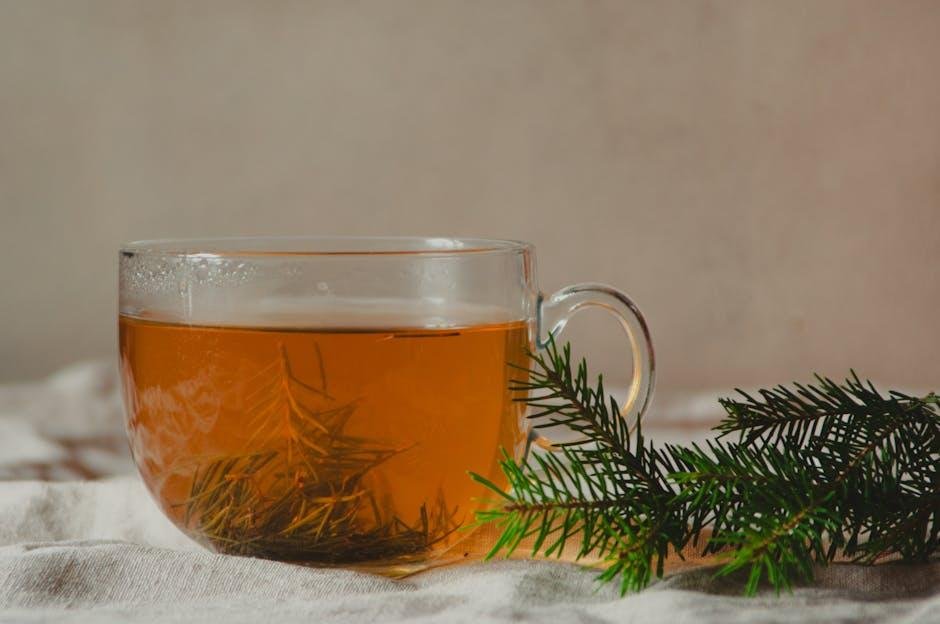






Leave feedback about this